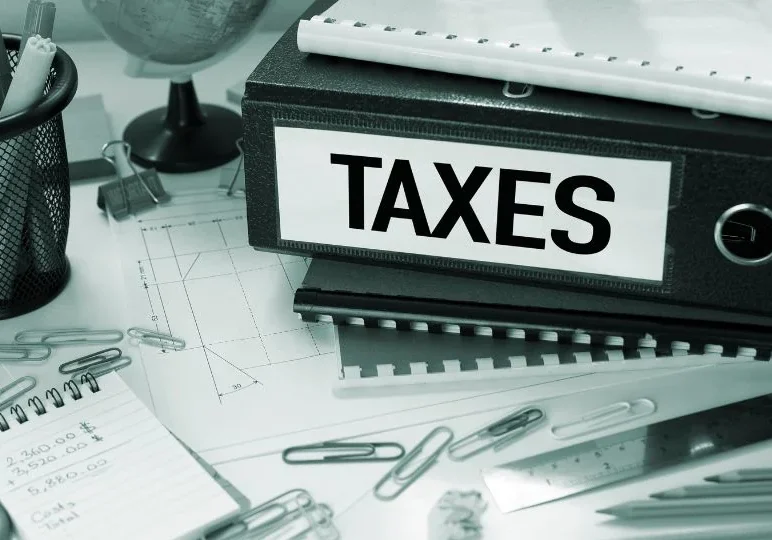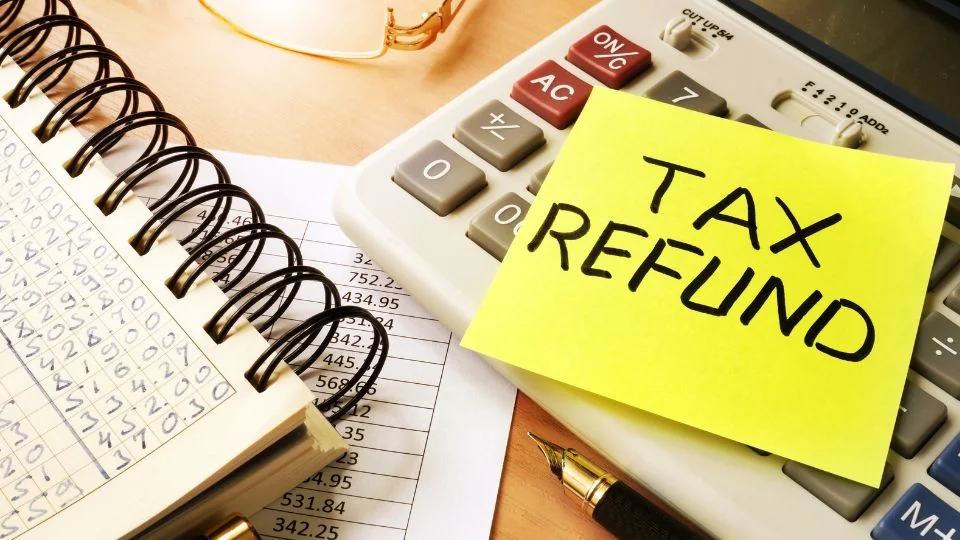
Tax time is not exactly one of the favourite things many Canadians want to hear about, whether it’s the hassle of putting all the documents needed for taxes together or the worry that they will have to pay additional taxes instead of getting a tax return.
We’ll walk you through a detailed Canada tax checklist of all the documents and information you need for your personal tax filing. From essential income T-slips to potential deductions and additional tax documents, this guide will help you confidently navigate the tax filing process.
Income T-Slips
Income T-slips are the backbone of your tax return. They detail the income you’ve earned over the past year, and ensuring you have all the necessary slips to report your income accurately is crucial. Missing or incorrect T-slips can lead to errors in your tax return, which may result in penalties or delays.
Here are the most common types of T-slips you’ll need:
- T4 Slips (Statement of Remuneration Paid): Issued by your employer, the T4 slip details your employment income, as well as any deductions taken at source, such as income tax, Canada Pension Plan (CPP) contributions, and Employment Insurance (EI) premiums. If you’ve had multiple jobs throughout the year, make sure to collect a T4 slip from each employer.
- T4A Slips (Statement of Pension, Retirement, Annuity, and Other Income): This slip is commonly issued to freelancers, contractors, or individuals receiving pension or retirement income. It covers a broad range of income types, including self-employment earnings, scholarships, and bursaries.
- T5 Slips (Statement of Investment Income): If you’ve earned interest, dividends, or other forms of investment income, you’ll receive a T5 slip from the financial institution managing your investments. This slip is crucial for reporting any income generated from your savings, investments, or dividends.
- T3 Slips (Statement of Trust Income Allocations and Designations): This slip is typically issued if you’ve earned income from a trust, such as mutual funds or other investment trusts. It’s important for reporting income that T5 slips might not cover.
- T4E Slips (Statement of Employment Insurance and Other Benefits): If you received Employment Insurance (EI) benefits, you’ll receive a T4E slip. This slip also covers other government benefits, such as training allowances and severance payments.
- T5007 Slips (Statement of Benefits): This slip is issued to report benefits received from workers’ compensation or social assistance. It’s essential for reporting non-taxable income that still needs to be accounted for in your tax return.
It’s essential to double-check that all the information on your T-slips is accurate. If you notice any discrepancies or are missing a T-slip, immediately contact your employer or the issuer. You can also access copies of your T-slips through the CRA’s online My Account service.
Receipts for Tax Deductions
One of the most effective ways to reduce your taxable income and increase your tax refund is by claiming eligible deductions. You’ll need proper documentation in the form of receipts for various expenses to do this. Here are some of the most common deductions:
- RRSP Contributions: Contributions to a Registered Retirement Savings Plan (RRSP) are among the most powerful tools for reducing taxable income. The amount you contribute is deducted directly from your income, potentially lowering your tax bracket and saving you money. Ensure to keep all receipts for contributions made during the tax year and up to the RRSP deadline, typically March 1st of the following year.
- Childcare Expenses: If you have children under 16 (or a disabled dependent of any age), you can claim childcare expenses. This includes payments made to daycare centers, nannies, or after-school programs. It’s crucial to have detailed receipts that include the service provider’s information, the amount paid, and the period of care.
- Medical Expenses: Many out-of-pocket medical expenses are eligible for tax deductions. This can include everything from prescription medications and dental care to medical devices and certain types of therapy. Keep all receipts for these expenses, as you’ll need them to calculate your eligible medical expense deduction.
- Charitable Donations: Donations to registered charities are eligible for tax credits. To claim this credit, ensure you have official receipts from the charity, which should include the charity’s registration number and the amount donated. Remember, only donations to registered Canadian charities are eligible for tax credits.
- Union or Professional Dues: If you pay dues to a union or a professional association, these amounts are typically deductible. Ensure you have receipts or statements that clearly indicate the amounts paid and the organization’s name.
- Tuition Fees: If you or a dependent are enrolled in a qualifying post-secondary institution, tuition fees may be eligible for a tax credit. Keep all tuition receipts, including forms T2202 (Tuition and Enrolment Certificate) for Canadian institutions or TL11A (Tuition and Enrolment Certificate – University Outside Canada) for international institutions.
By carefully organizing and submitting these receipts, you can significantly reduce your taxable income and increase your potential tax refund.

Additional Documents
Beyond T-slips and deduction receipts, there are several other documents that you may need to include with your tax return. These documents ensure that all aspects of your financial situation are accounted for and can help you avoid penalties or reassessments.
- Notice of Assessment (NOA): After you file your taxes, the CRA will issue a Notice of Assessment. This document outlines the details of your tax return, including your RRSP deduction limit, carryforward amounts, and any changes made by the CRA. Keeping your NOA from previous years is essential, as it contains information crucial for the current year’s filing.
- Investment Income Statements: If you have investments, you may receive additional statements from your financial institution that provide a detailed breakdown of interest, dividends, or capital gains. These statements are necessary to accurately report all forms of investment income, especially if you’ve bought or sold investments during the year.
- Property Tax Receipts: Homeowners may be eligible for property tax credits, depending on their province or territory. Ensure you keep all property tax receipts, as these may be required when filing your tax return or applying for credits.
- Spousal or Child Support Payments: If you’re involved in spousal or child support payments as the payer or recipient, these payments can affect your tax filing. Keep records of all payments made or received, as these may need to be reported on your tax return.
- Foreign Income and Assets: If you have foreign income or assets, you may be required to report them on your tax return. This can include income from foreign employment, investments, or property. Ensure you have all relevant documentation and consult with a tax professional if you’re unsure about your reporting obligations.
Organizing and preparing all these documents will help you complete your tax return accurately and ensure compliance with all tax regulations.
When Are the Tax Deadlines?
Filing your taxes on time is essential to avoid penalties and interest charges. Missing a deadline can result in costly fines, so it’s vital to be aware of the critical dates in the tax calendar so you can keep track when to file taxes:
- Personal Income Tax Filing Deadline: For most Canadians, the deadline to file your personal income tax return is April 30th. If April 30th falls on a weekend or public holiday, the deadline is extended to the next business day.
- Self-Employed Individuals: If you’re self-employed or have a spouse or common-law partner who is self-employed, you have until June 15th to file your tax return. However, any taxes owed are still due by April 30th, so it’s essential to calculate your tax liability and make any necessary payments by that date.
- RRSP Contribution Deadline: The deadline for contributing to your RRSP for the current tax year is March 1st of the following year. Contributions made by this date can be deducted from your taxable income for the previous year, potentially reducing your tax liability.
- Installment Payments: If you must make quarterly tax installments, the deadlines are March 15th, June 15th, September 15th, and December 15th. Missing an installment deadline can result in interest charges, so it’s essential to stay on top of these payments if applicable.
File Your Taxes With Stratos: Expert Guidance, Maximum Returns
Tax filing doesn’t have to be a daunting task. With the proper preparation and guidance, you can navigate tax season with confidence, ensuring that you maximize your return and minimize any potential tax liabilities.
At Stratos, we offer personalized tax filing services designed to meet your unique needs. Our team of experienced tax professionals will work with you to ensure that all your documents are in order, all eligible deductions are claimed, and your tax return is filed accurately and on time. We stay up-to-date with the latest tax laws and regulations, so you don’t have to.
Contact us today to schedule a consultation and discover how we can simplify your tax filing process. Whether you’re a first-time filer or have complex tax needs, Stratos is here to help. Let us handle the details so you can focus on what matters most to you.
Stratos Accounting & Consulting is your professional choice for dedicated, personalized, customized services. We strive to provide our clients with exceptional customer service and always be available to answer questions and provide guidance. Our experienced professionals work closely with our clients to understand their unique needs and objectives and develop solutions tailored to their specific situations.
Stratos Accounting & Consulting is a proud QuickBooks partner. We use QuickBooks Online to ensure the quality and security of your financial information. QuickBooks Online lets you see your business finances in one convenient place on the cloud, updated in real time.
Our company is built upon five pillars: Integrity, Professionalism, Respect, Quality and Transparency.
Contact Stratos Accounting & Consulting today at 416-477-4775 or fill out our convenient online form to learn more about how Stratos can help your business soar.

